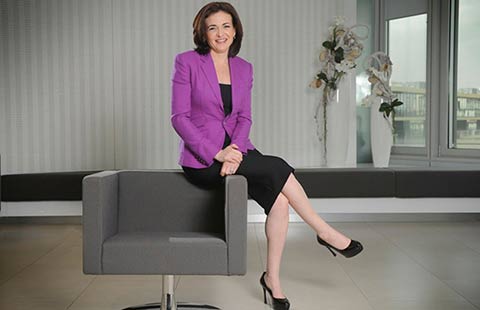IMF visits for SDR review
By Chen Jia (China Daily) Updated: 2015-06-18 10:39Paul Mackel, head of Asian foreign exchange research at HSBC Holdings Plc, said that there are only a few steps left for the yuan to be considered convertible.
"Additional steps toward renminbi convertibility will soon materialize, tightening the linkages between onshore and offshore markets," he said.
Greater capital account opening should mean greater two-way volatility in the yuan's exchange rate, and the currency will become more sensitive to capital flow dynamics, said Mackel.
Capital flows positive in first five months
Net capital inflows to China were about $20 billion in the first five months of the year, the foreign exchange regulator reported on Wednesday.
In May, foreign exchange receipts into China's commercial banks reached $1.3 billion, according to the State Administration of Foreign Exchange.
This reversed a downward trend in the previous nine months, which showed capital inflows were generally falling.
Wang Yungui, director of the policy and regulations department at the SAFE, said this ended a nine-month period of net capital outflows.
"It indicates a more balanced foreign exchange market," Wang told a news conference in Beijing on Wednesday. "The market has been improving since April and developing toward a more stable situation."
SAFE data suggested net capital outflows in China in the first quarter, with the central bank logging a $91.4 billion deficit in foreign exchange settlements. But the SAFE said that capital outflows were "normal" and should not be regarded as capital flight.
Economists believe the increase in capital inflows will boost money supply in the domestic financial market and delay the government's decision for further monetary easing.
- Qihoo 360 to go private as buyouts hit record high
- IMF visits for SDR review
- Clariant vows to support nation's sustainable future
- Young policymakers need to be innovative, says WEF chief
- Renminbi deposits in Singapore drop in Q1
- Qihoo 360 receives offer to go private
- Campaign to raise car safety awareness
- Private enterprises leading surge in charity donations

















